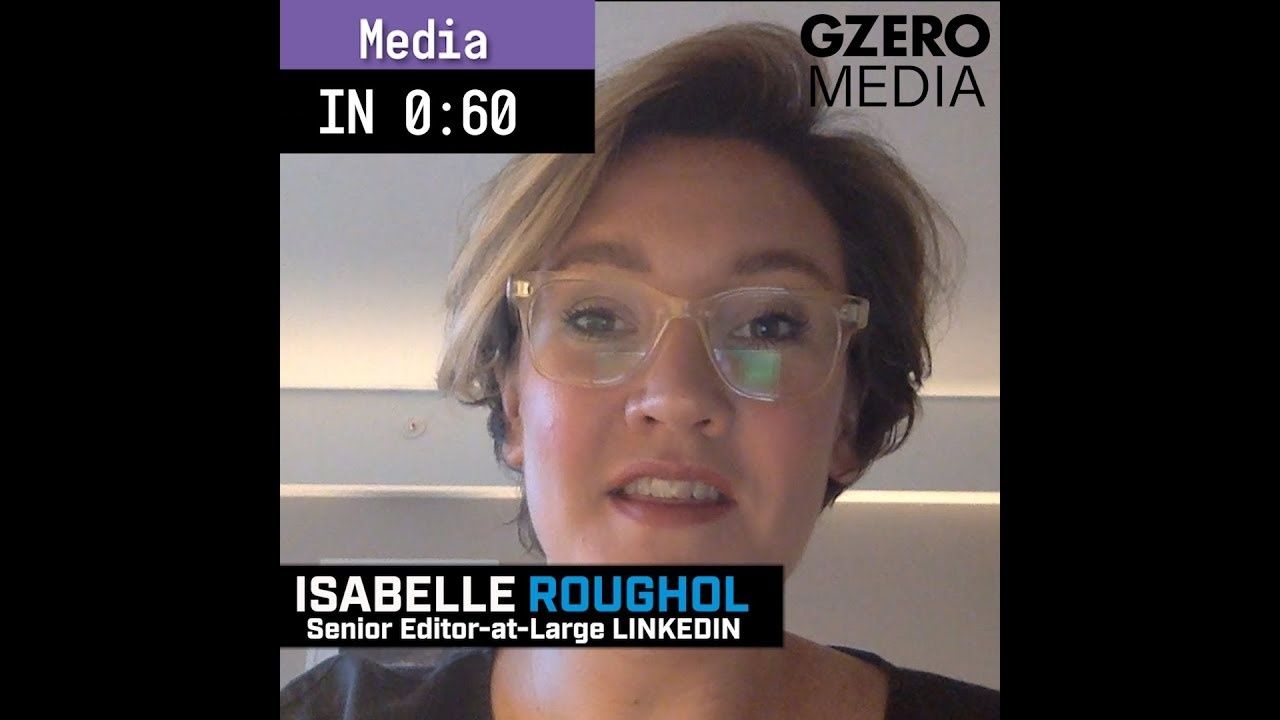June 14, 2019
I'm in Athens for a bit of a different Media in 60 this week. I'm at a media conference where everyone has been reading the same piece of research. The digital news report out of the Reuters Institute in Oxford. Really the biggest piece of media research to come out every year. I recommend you read all 150 pages. However, for now, I'll give you the Cliff Notes in 60 seconds.
First pivot to pay more and more newsrooms are moving to subscription or membership model but the number of people willing to pay for news is actually plateauing and when they do pay it's only for one subscription. So it is a winner takes all model and in a battle between the New York Times subscription and your Netflix, Netflix almost always wins.
Second is pivot to private. So we're seeing declining use of Facebook though people are not giving it up altogether. Increased use of WhatsApp and Instagram which is good for them because it's the exact same company. Those were a couple of really smart acquisitions. We're also seeing more and more sharing and commenting of news in private or semi-private groups rather than in public feeds because probably people just feel safer there.
Third is pivot to audio. Podcast is in. 1 in 3 people have listened to one in the past month 1 in 2 for the under 35 audience and finally trust always a big issue. Trust is down two points to 42% of people saying they generally trust the media less than half of people even trust outlets that they themselves go to for their news. People feel that journalists are better at breaking news than explaining it so hopefully I'm explaining here. And also we're seeing massive news avoidance one in three people just avoiding the news. It's up 11 points in the UK because people are so so fed up with Brexit understandably.
More For You
- YouTube
How is the US is reshaping global power dynamics, using tariffs and unilateral action to challenge the international order it once led? Michael Froman joins Ian Bremmer on GZERO World to discuss.
Most Popular
- YouTube
In this Quick Take from Munich, Ian Bremmer examines the state of the transatlantic alliance as the 62nd Munich Security Conference concludes.
- YouTube
At the 2026 Munich Security Conference, Brad Smith announces the launch of the Trusted Tech Alliance, a coalition of global technology leaders, including Microsoft, committing to secure cross-border tech flows, ethical governance, and stronger data protections.
When the US shift from defending the postwar rules-based order to challenging it, what kind of global system emerges? CFR President Michael Froman joins Ian Bremmer on the GZERO World Podcast to discuss the global order under Trump's second term.
© 2025 GZERO Media. All Rights Reserved | A Eurasia Group media company.
